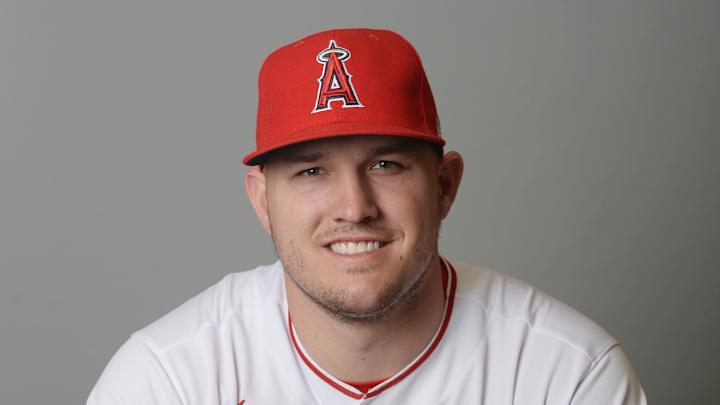What Will MLB Do With Players Who Opt Not to Play During Time of Pandemic?

The players responded Tuesday afternoon to the owners’ response to the players response to the owners’ original plan to try to get Major League Baseball reopened.
Or something like that. This is the beginning of what we think will be a week or more of back-and-forth negotiations that may well determine when and how baseball return for the 2020 season. The players didn’t seem to think much of the owners’ latest proposal.
While the National Hockey League is moving forward with a plan to come back to life with playoffs and the National Basketball Association is considering a World Cup-style return to action, baseball’s task is different. MLB isn’t trying to revive a season; it’s trying to start one in the middle of the COVID-19 pandemic.
For the moment, it’s all about health and safety on one side and money on the other. Those things will drive the talks, but there are other issues.
For the moment there are no vaccines or medical therapies that will keep anyone protected from the COVID-19 coronavirus. Moreover, there aren’t enough testing kits and the known false positives and false negatives of the tests that do exist are sobering.
Is the risk of walking out of the house and playing baseball worth it?
It’s not clear just what happens if the players union as a whole signs off on a plan to return but certain members of the union don’t believe the health and safety issues aren’t good enough and they opt not to play in 2020.
How does baseball react? Are the players fined? Released? Suspended? Accepted?
It’s not going to be an easy decision for the individual players. Baseball is played by young men. The average age of MLB players last year was 28. Many of them have families and young children. This sport was supposed to be the route to giving those families security, but now, playing a team sport is a health risk not just for the players but for their families as well.
The Angels’ Mike Trout isn’t your average baseball player. He might be the best player in the game. But he is average in one way – he and his family are just as susceptible to the coronavirus as anyone else. So he was speaking for many of his compatriots when he told ESPN “With the season and stuff, we’ll just play it by ear.”
He and his wife, Jessica, are expecting the birth of their first child in August. He wants to play baseball, but his family is his prime concern.
“Obviously, you don’t know what it entails yet, but we’ll go down that road when that happens,” he said. “But it’s a scary, scary time for my wife.”
In talking with NBC Sports last week, Nationals’ first baseman Ryan Zimmerman and his wife, Heather, both expressed concerns. Zimmerman said he thought he would be willing to make the sacrifice and play.
Asked if she would be comfortable with her husband going back to work as things stand now, Heather Zimmerman said she it was a tough call. She is due to give birth in June, and she said would have to be prepared to not see her husband for the duration of the season.
“I would not be 100 percent comfortable with it, especially considering we’ll have a newborn in the house,” she said. “But, it’s one of those, I hate to say the word `sacrifice,’ but one of those sacrifices you have to make in order for the game to be played.
“We have these conversations every day. We’re so interested in seeing what ends up happening because obviously outside of the players, there’s a lot of other staff that has to be at a baseball field: the grounds crew, chefs or food caterers, obviously the clubhouse staff.
“We’re really interested to see when and if they can get this all going because there’s so many moving parts. But, yeah, I’ll be nervous. Chances are if it does start, and say they are just playing from Arizona or Florida and having to cut the travel side out of it, we’re just probably not going to see him for a few months, I guess.”
And the risks don’t end with health. There is the risk of missing out on cashing a paycheck that could be far larger than anything players will see outside of baseball.
For as much as players are fighting the owners over money, these are men getting paid more in a year than most of the population earns in a decade. Careers are short, often in the 2- to 5-year range, and it’s going to be hard for most players to pass on a salary they likely won’t see again after they are out of the sport.
That has to be balanced. About 30 percent of MLB players are African American or from Latin America, and communities of color have been particularly impacted by COVID-19.
Maybe baseball comes back with Trout in the Angels outfield and Zimmerman in the Nationals’ infield. But there are almost certainly going to be players, black, white and Hispanic, who are going sit 2020 out. How baseball treats them is how the sport will be judged.
Follow Athletics insider John Hickey on Twitter: @JHickey3
Click the "follow" button in the top right corner to join the conversation on Inside the Athletics on SI. Access and comment on featured stories and start your own conversations and post external links on our community page.
